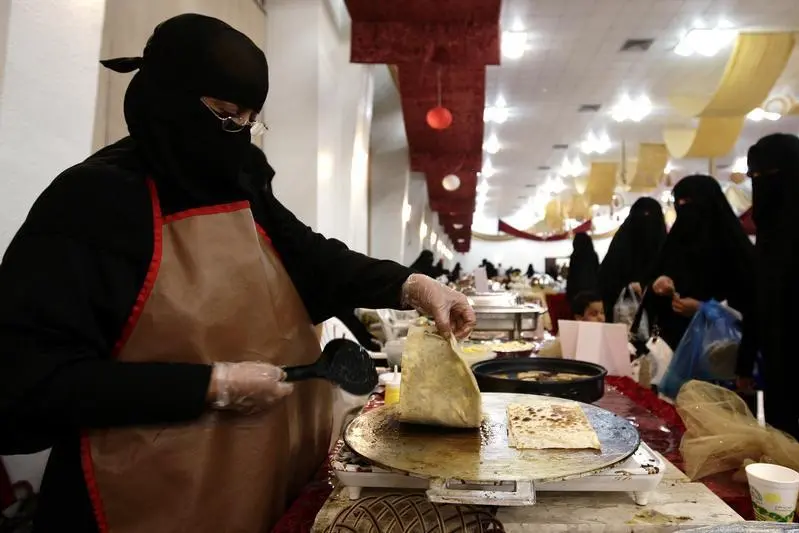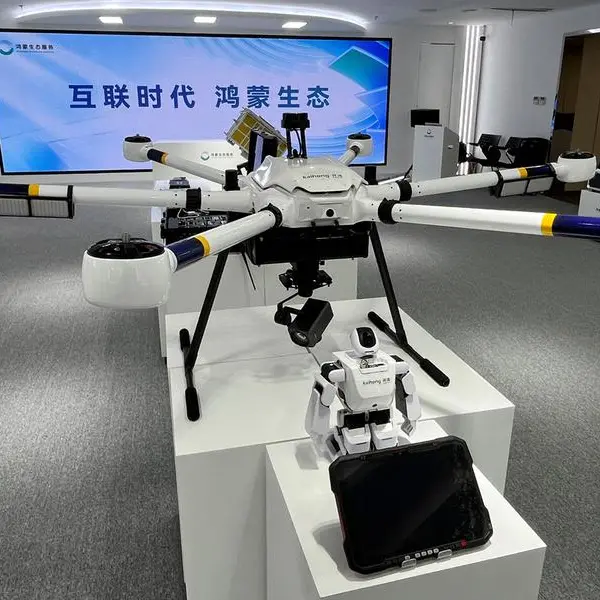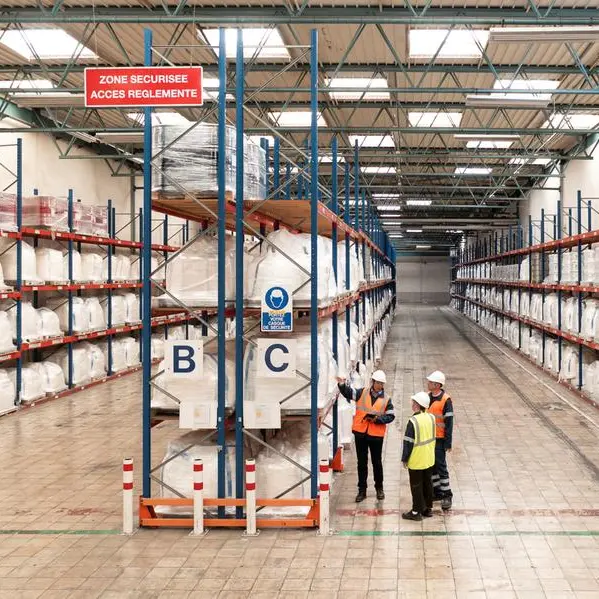PHOTO
When the United Nations adopted Sustainable Development Goal 2, or SDG 2, as it has become known, the governments of the world committed to ending hunger, food insecurity. In response, the UAE Government launched its National Food Security Strategy in 2018 to ensure all citizens have access to sufficient, safe and nutritious food for an active and healthy life at affordable prices, even in the event of emergencies and crises. Similarly, KSA advanced its Vision 2030 with a focus on diversifying its economy, with agriculture as a key focus sector.
For both nations, food security is, and has historically been, threatened by a number of limiting topographic factors. Only 0.5 percent of the UAE’s land mass is arable and total agricultural area has decreased by 3 percent annually over the last 14 years due to desertification and soil degradation. In Saudi, only 1.5 percent of land is suitable for agriculture. Both countries experience water scarcity as groundwater, making up 44 percent of all water used, is quickly depleting and desalinated water, accounting for 42 percent of water used, is costly to produce and energy heavy. This topography means that both countries are net importers of food. While the UAE imports 90 percent of its food, KSA imports 80 percent. This is also compounded by growing demand for diverse food types, driven by high socio-economic status, booming demographics, and shifting consumption habits. Both rank at the top in terms of per capita for food waste, at 38 percent of daily food wasted in the UAE, and 78 percent of weekly groceries discarded in KSA.
In light of diminishing resources, growing populations, shifting demographics and changing consumption patterns, how can the UAE and KSA achieve food security? This highly important question invites us to think about what makes sustainable and productive agri-food systems more broadly. Researchers have found that when it comes to food security, the highest performing countries have close synergies and collaboration between core components – the supply chain – and supporting factors, including a coordinated research effort, engaged capital markets, a supportive regulatory environment and an underlying culture of innovation.
Over-reliance on exports creates fragile and volatile supply chains that are prone to disruption. The pandemic demonstrated this firsthand. In the UAE, red meat imports from India dropped 85 percent in April 2020. Other shocks ranged from shortages in cooking oil and lentils to sardines.
Local food production
Both the UAE and KSA are taking active steps to encourage local food production capabilities, including deploying regenerative and advance farming tech, empowering local farmers, boosting local production through alternative growing techniques, and digitizing the supply chain. Regulators are advancing food security agendas, and actively investing in the development of the sector, through grants or funding for start-ups or launching their own initiatives. In 2020, ADIO partnered with seven agritech companies to establish R&D and operational facilities and develop new cutting-edge projects in the emirate. Its new Innovation Program has committed $545 million to accelerate opportunities for investors in the sector.
Dubai is building a dedicated hub for future clean tech-based food and agriculture products, in an attempt to support a diversified knowledge-based economy to achieve the objectives of its National Food Security Strategy. Supported by the UAE government, the International Center for Biosaline Agriculture (ICBA) is at the forefront of research and development of agritech solutions that help produce food locally, save scarce resources and protect the environment. In 2018, they partnered with UAE-based Desert Control, the company behind Liquid Nanoclay, a water and clay mixture that increases the fertility of nutrient-poor sandy soils.
Innovators are using the UAE and KSA as fertile testing grounds for innovative agritech solutions aimed at addressing some of the world’s most pressing food and environmental challenges. Doctors Mark Tester and Ryan Lefers discovered synergies in their individual research projects at the King Abdulaziz University of Science and Technology, which then became the birthplace of Red Sea Farms, a start-up using the earth’s most abundant resources, sunlight and saltwater, to grow food crops in the harshest environments.
Sean Dennis, Ramie Murray and Sheikh Fahim Al Qasimi are providing transparency and continuity in the global seafood supply chain with Seafood Souq. In the absence of abundant arable land, alternative growing techniques are making their way into the heart of the city. Thanks to Badia Farms, the UAE’s first urban vertical farm, locally produced gourmet greens are making their way to the city’s restaurants, caterers and chefs. Others are making use of the region’s farmable land to grow crops locally and sustainably. Emirates Bio Farm is one such example, having established the UAE’s largest organic farm in 2016.
Capital markets are engaged, as investors pay increasingly close attention to the space. Over the last 2 years, approximately $330 million has been raised by agritech players in the UAE and KSA. As government efforts manifest and entrepreneurs build globally-scalable solutions in agriculture, we will see greater foreign and regional interest in home-grown start-ups bringing further investment.
In light of the growing threat of food security, the UAE and KSA are taking active steps toward implementing and developing the core and supporting factors necessary to build successful, secure and sustainable food production systems, delivering just what SDG 2 demands. They are laying the building blocks for what is set to not only make food security a reality for local residents, but also become an origin hub for global innovation in food production.






















